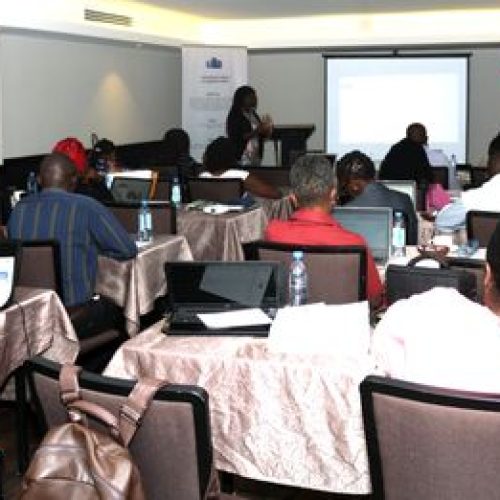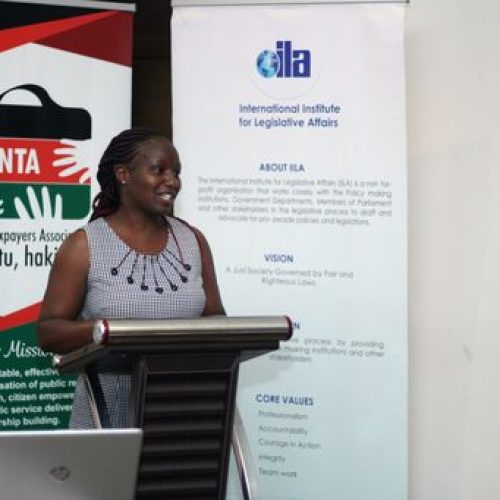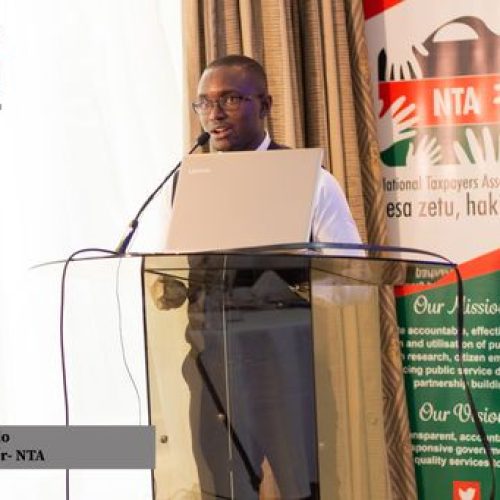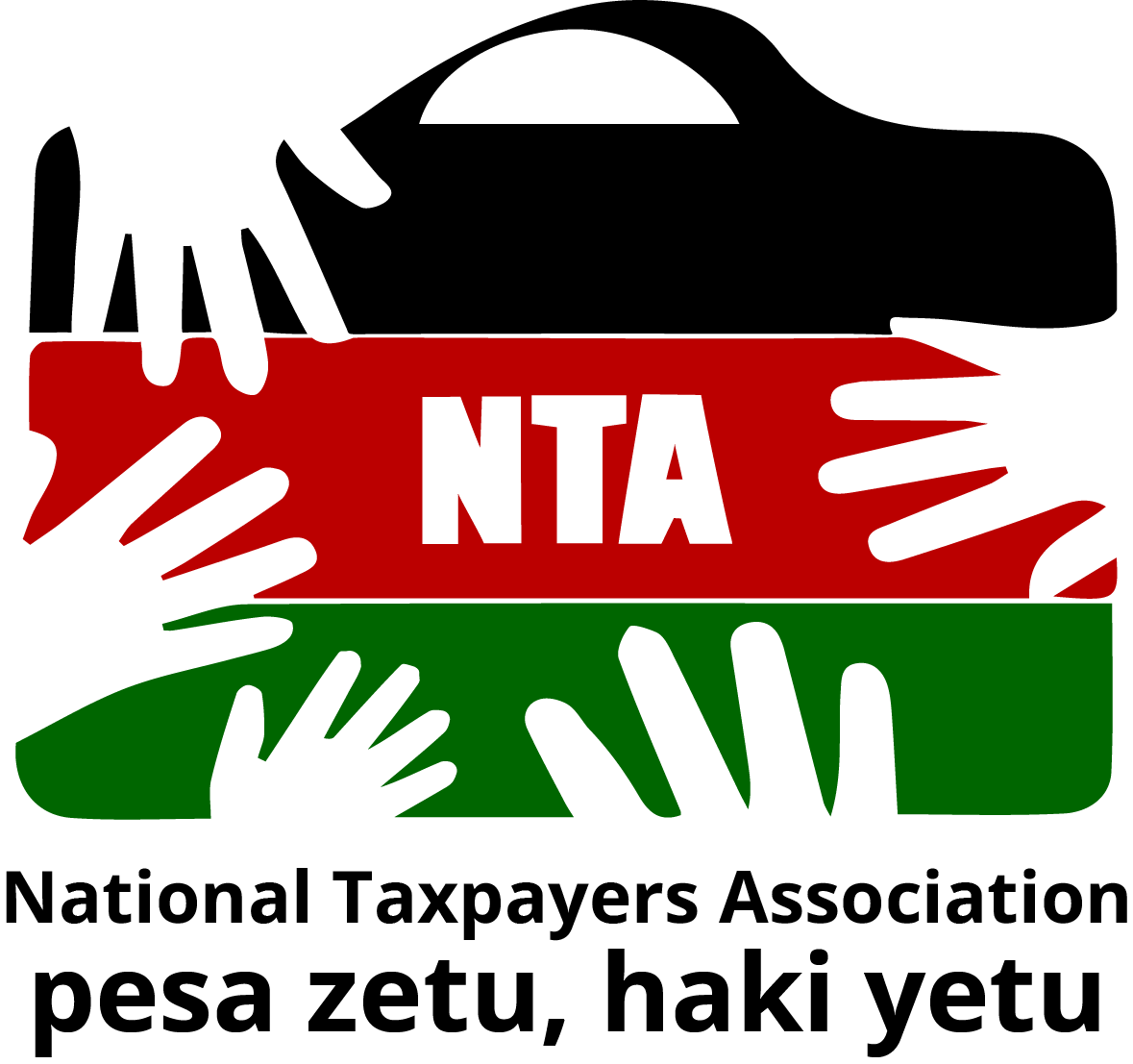Tax Justice
Tax justice is increasingly becoming one of the core themes in today’s economies. The government is charged with the responsibility of generating sufficient public revenue and ensuring that it is well utilized, fairly redistributed and focused in rebalancing economic and gender inequalities. NTA is currently implementing a project on civil society capacity building for improved fiscal justice in Kenya. The project is expected to contribute to transparent and accountable revenue generation and public financial management in Turkana and Nairobi Counties, and The National Government for improved social service provision.







The key strategic objective of this particular strategic programme focus area is to promote suitable tax regime and tax structures. Underlying this strategic objective are specific strategies key among them include:
- Undertaking research on key tax issues;
- Identifying types of taxes;
- Assessment of tax regime to promote fairness and justice;
- National and County governments tax measures focusing on fairness and justice;
- Regional tax harmonization.
- NTA taking a lead and joining national, regional, and global tax justice campaigns, regional tax harmonization for corporate and individual tax regime;
- At the global level focus on Kenya’s stand on corporate tax, international tax structure which facilitate profit shifting;
- Partner with key institutions for example Universities to review policies and sensitize decision makers and the public;
The NTA recognizes the central role of research and development in generating information required to support arguments for delivery of high quality public services and enhanced performance. To this end, the following strategic objectives have been identified:
- Supporting research and development to generate informed scientific based reports.
- Supporting research that will involve undertaking cutting edge research on tax and governance issues in Kenya and the EAC Region;
- Enhancing development that will involve: a) Training citizens’ organization and government institutions that work on tax and governance issues; b) Inform debates on tax and governance issues in Kenya and EAC Region; and c) Informing NTA programming development for effective evaluation. To achieve these strategic objectives, several specific strategies have been identified and key among them will include: Support knowledge generation on tax and governance issues; Enhance monitoring and evaluation of development programmes and public service delivery; Policy and legislation analysis in finance bills building up on NTA previous work that included: budget, Revenue allocation/CRA; Public expenditure reviews/public expenditure tracking; Budget analysis; Generating/developing benchmarking tools; Develop baseline surveys on tax and governance issues; and Opinion surveys.
